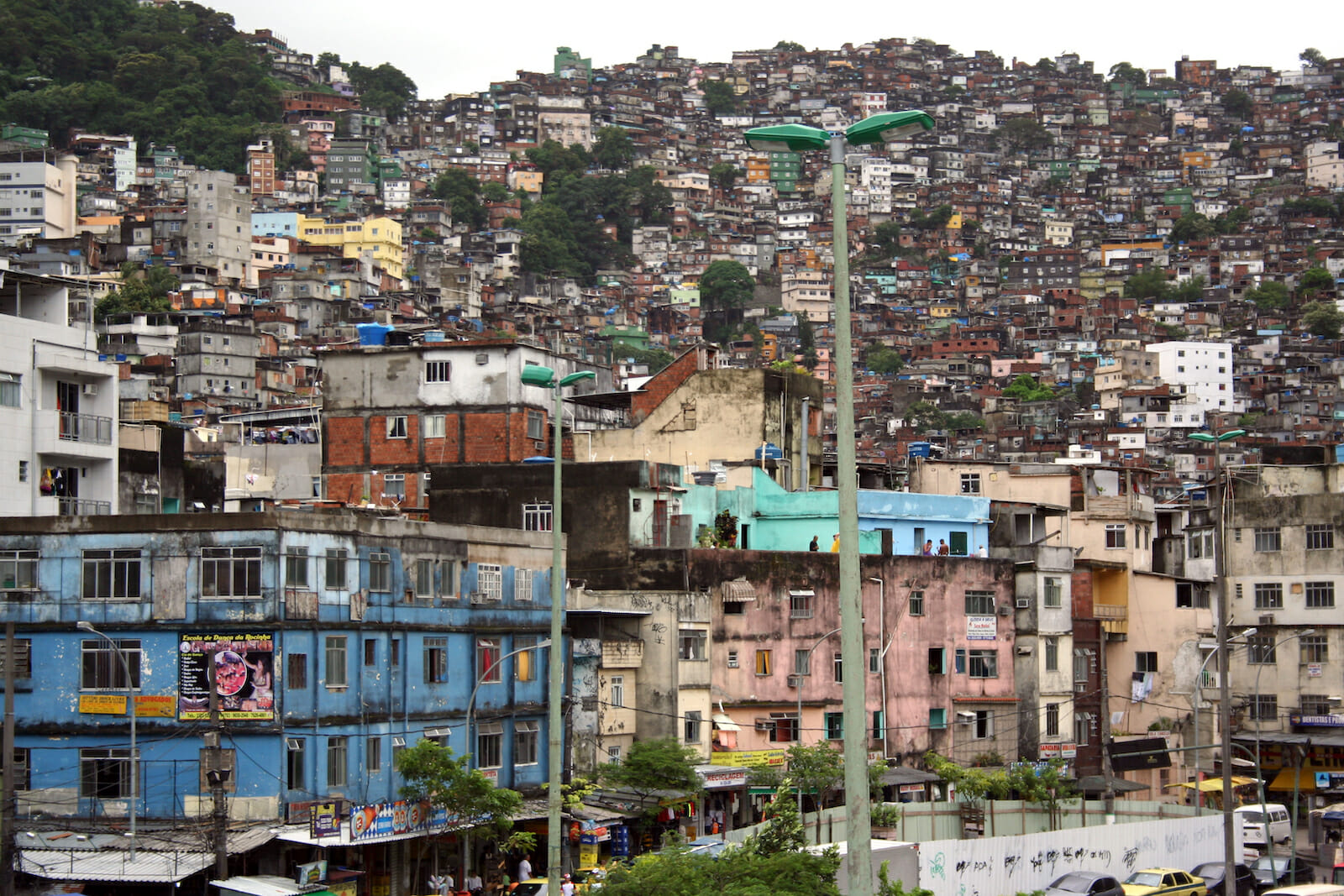
South America is Open for Business
For hundreds of years, South America has provided much of the world with essential natural resources. The global nature of the world economy, coupled with the development of South American countries and turbulence in the Middle East presents South America as an alternative to dependency on oil from far-flung, sometimes adversarial areas of the world.
The contemporary governments of most of South America have made it clear that they are open for business. This does not diminish some of the risks involved with the region, but the area is full of economic possibilities that would be mutually beneficial to the countries of the continent and their trading partners. A cursory glance at the balance sheets of the larger South American economies leaves even the novice economist in awe.
While many western countries deal with record trade deficits, the countries of South America enjoy trade surpluses. Peru, Colombia, Chile, and Argentina all experienced GDP growth over 5% in 2011. This is reflected in their national debts. The national debt of the United States and much of Europe continues to climb. Meanwhile, most of the South American countries enjoy surpluses or minor shortfalls requiring credit.
The strength of South American economies is not only in the amount of trade but in what they trade and with whom. The internal strength of their economies is buttressed by two fundamental facts: who their primary trading partners are and the commodities they trade. First, South America’s best customers for their exports are the United States and China, two larger countries with an abundance of private capital and credit. Second, the goods that the countries export are largely irreplaceable.
Venezuela, Peru and Colombia sell oil. Peru sells gold. Chile sells copper, essential in manufacturing electrical wire, consumer electronics, computers and small appliances.
Argentina deals in grain and beef, essential food commodities. Again, most of this is purchased by the United States, China and other larger democracies. This has maneuvered South America into prominence internationally. Think of expanded oil exploration on and around the South American continent. This oil and subsequent reserves could prove to be an alternative to the oil in the Middle East and provide income for South American countries to expand their economies.
There are some concerns that come with investing and expanding trade in South America. The continent is home to one of the most outspoken American critics, Hugo Chavez, who seeks to expand his own brand of socialism and anti-Western philosophy. Chavez has gone so far as to align himself with Iran. The other countries are still recovering from the decades of internal violence and centuries of western colonialism. Two countries, Colombia and Peru, continue combatting organized threats to their governments. FARC, though somewhat blunted, remains a constant, yet reduced threat in Colombia.
The smaller FARC forces have spilled over into the border areas of Peru. Peru, itself, continues its operations and programs against the Shining Path. Ironically, the Shining Path almost once defeated has regrouped and reorganized around the aforementioned narcotics trafficking, which is prevalent in many South American countries. The governments of South America continue to make progress in stabilizing their own domestic securities.
The modern scourge of the continent is illegal drug production and trade. This presents the largest destabilizing factor on the continent. Colombia, the world’s largest producer of coca leaves, supplies cocaine to most international drug markets and also supplies the world with ample amounts of heroin. Most of the money from this trade is laundered or invested in Colombia. Peru is the second largest cocoa leaf producer behind Colombia. Brazil is the world’s second-largest consumer of cocaine.
Most countries deal with the crimes associated with illegal drug trafficking: money laundering, weapons trafficking, and subsequent violence. Removing the narcotics trade from the political and economic systems of these countries is imperative. The true salvation for this group of emerging countries lies within themselves. As their domestic economies develop, the governments will have to make strategic and serious investments into areas outside of urban centers.
This will enhance their economies further, spread opportunities to the poorer areas and provide a replacement for the income wrought from the illicit narcotics trade. Even partially levitating the income disparity in these countries will carry great dividends down the road. As trading partners, it is important that western countries realize that these countries will not accept a version of colonialism cloaked by the name 21st-century globalism. (This would only reinforce the anti-western platitudes by Chavez in Venezuela.)
What is needed is true and fair capitalist investment in the region. These countries do not need sporadic handouts of aid from the west. They need long-term development.

